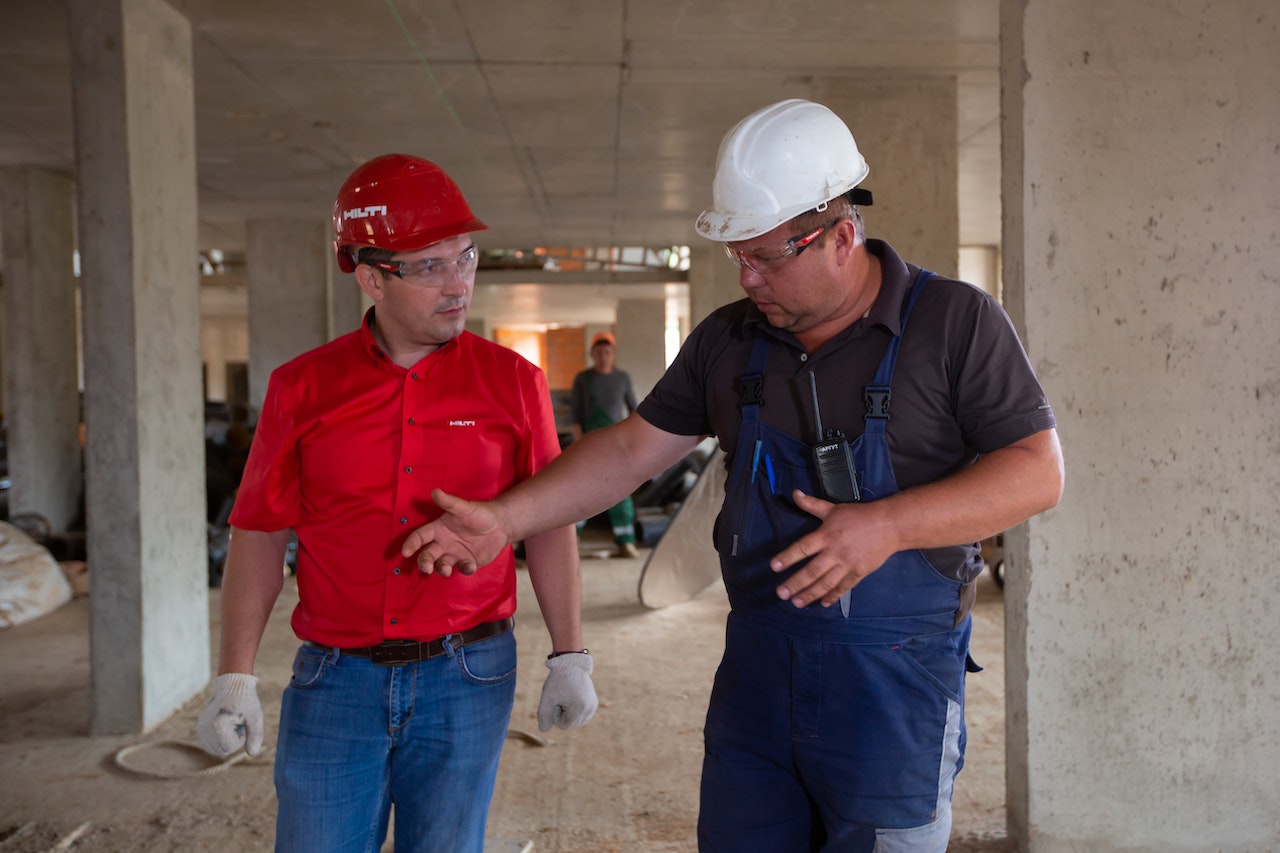GMP (Guaranteed Maximum Price) is a type of contract in construction project management that sets the maximum price the owner will pay for the construction work, regardless of actual costs. The GMP is agreed upon before construction begins and is based on the contractor’s estimated cost of the project. The contractor is responsible for delivering the project within this budget and is incentivized to control costs and increase efficiency to maximize their profit.
The question as to whether or not GMP contracts are favorable for contractors can be subjective and depends on several factors such as the scope of work, the complexity of the project, the market conditions, and the contractor’s level of experience and expertise.
On one hand, GMP contracts provide a clear and fixed budget for the contractor to work with, reducing the risk of cost overruns and providing more certainty for their business. This can make bidding and planning for the project easier and more efficient. Additionally, if the contractor is able to complete the work within the GMP, they have the potential to earn a profit through cost savings.
On the other hand, GMP contracts place a significant amount of responsibility on the contractor to control costs and deliver the project within the budget. If unexpected costs arise or the scope of work changes, the contractor is responsible for covering the costs and may end up with lower profit margins or even losses. Furthermore, GMP contracts may limit the contractor’s flexibility to make changes or use higher-cost methods if needed, which can impact the quality of the finished product.
Bidding a GMP contract is different from bidding other types of contracts in several ways:
- Cost Estimation: In a GMP contract, the contractor is required to provide a detailed estimate of the costs associated with the project, which will be used to determine the maximum price for the project. This requires the contractor to have a thorough understanding of the project scope and requirements, as well as the cost of materials and labor.
- Risk Assessment: The contractor is responsible for managing the risk of cost overruns and ensuring that the project is completed within the agreed-upon budget. As a result, bidding a GMP contract requires the contractor to carefully assess and manage the potential risks associated with the project.
- Contractual Obligations: GMP contracts have a clear and binding agreement between the owner and the contractor, with specific responsibilities and obligations outlined for each party. This requires the contractor to have a solid understanding of their obligations and responsibilities, and to make sure they have the resources and capability to fulfill them.
- Bid Evaluation: The bid evaluation process for GMP contracts is typically more comprehensive and focused on the contractor’s experience, expertise, and cost control capabilities. The owner may also consider factors such as the contractor’s past performance and references, as well as their ability to effectively manage the project within the budget.
Overall, bidding a GMP contract requires a more thorough and strategic approach compared to bidding other types of contracts, and contractors need to be well-prepared and confident in their ability to deliver the project within the agreed-upon budget. GMP contracts can be favorable for contractors who have strong project management skills, experience with cost control, and the ability to deliver projects within budget. However, they may not be suitable for all contractors or projects.
It’s not necessarily true that a new contractor is better off avoiding GMP contracts. While GMP contracts can be challenging for contractors, especially for those who are new to the industry, they can also provide an opportunity for growth and improvement.
Here are some things to consider:
- Learning Opportunity: GMP contracts can help new contractors gain valuable experience in project management and cost control, which can be valuable for their future projects and business growth.
- Increased Competition: GMP contracts may attract more competition from established contractors, which can make bidding and winning projects more difficult for new contractors.
- Risk Management: New contractors may have limited experience and resources to manage the risks associated with GMP contracts, which can lead to cost overruns and other problems.
- Capacity: New contractors may not have the capacity or capability to handle the demands of a GMP contract, which can result in poor project performance and harm their reputation.
In conclusion, whether a new contractor should pursue GMP contracts depends on several factors such as their level of experience, expertise, and resources. New contractors should carefully evaluate their abilities and assess the risks and benefits before bidding on a GMP contract. If necessary, they should seek advice from industry professionals and consider collaborating with more experienced contractors.

